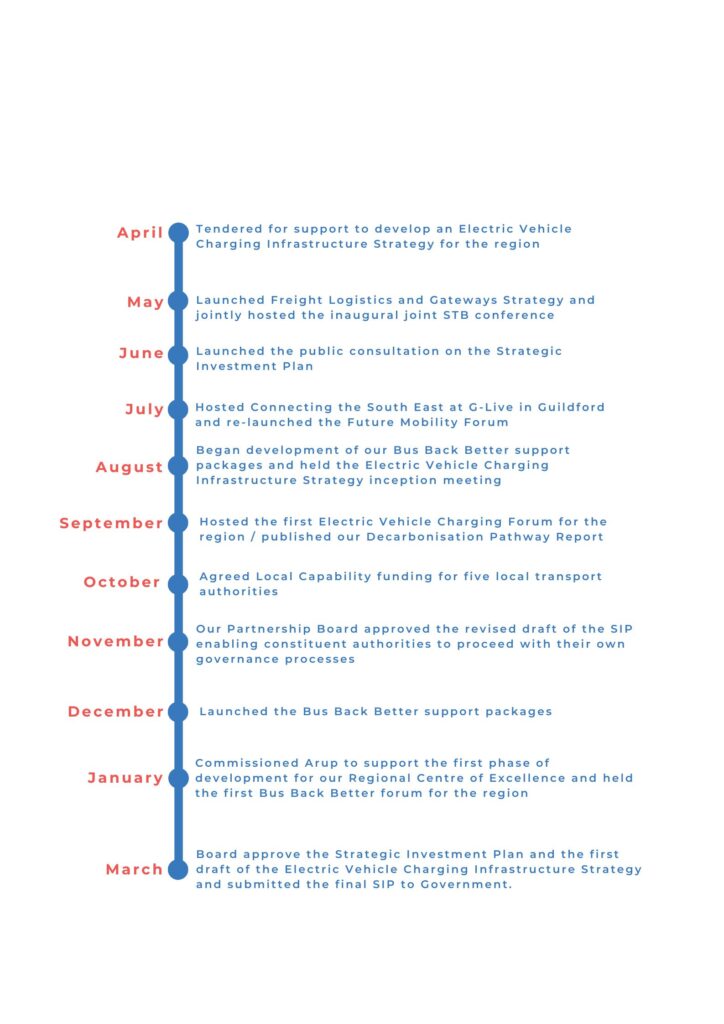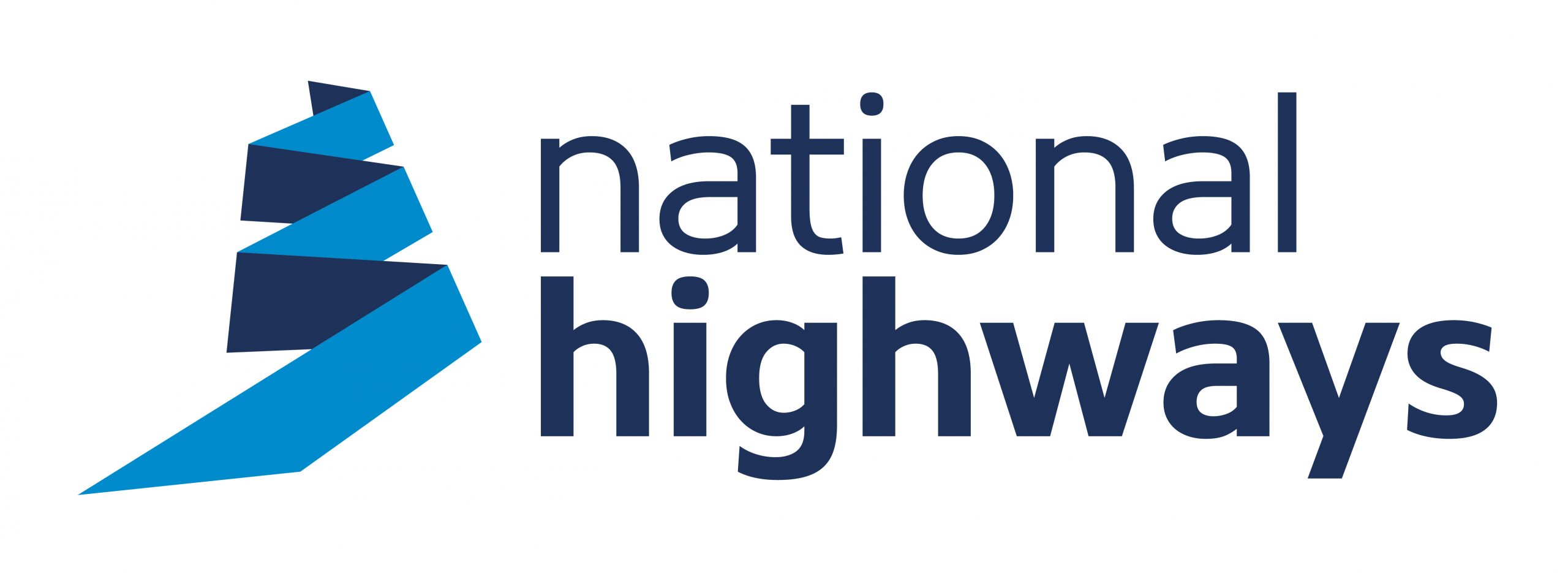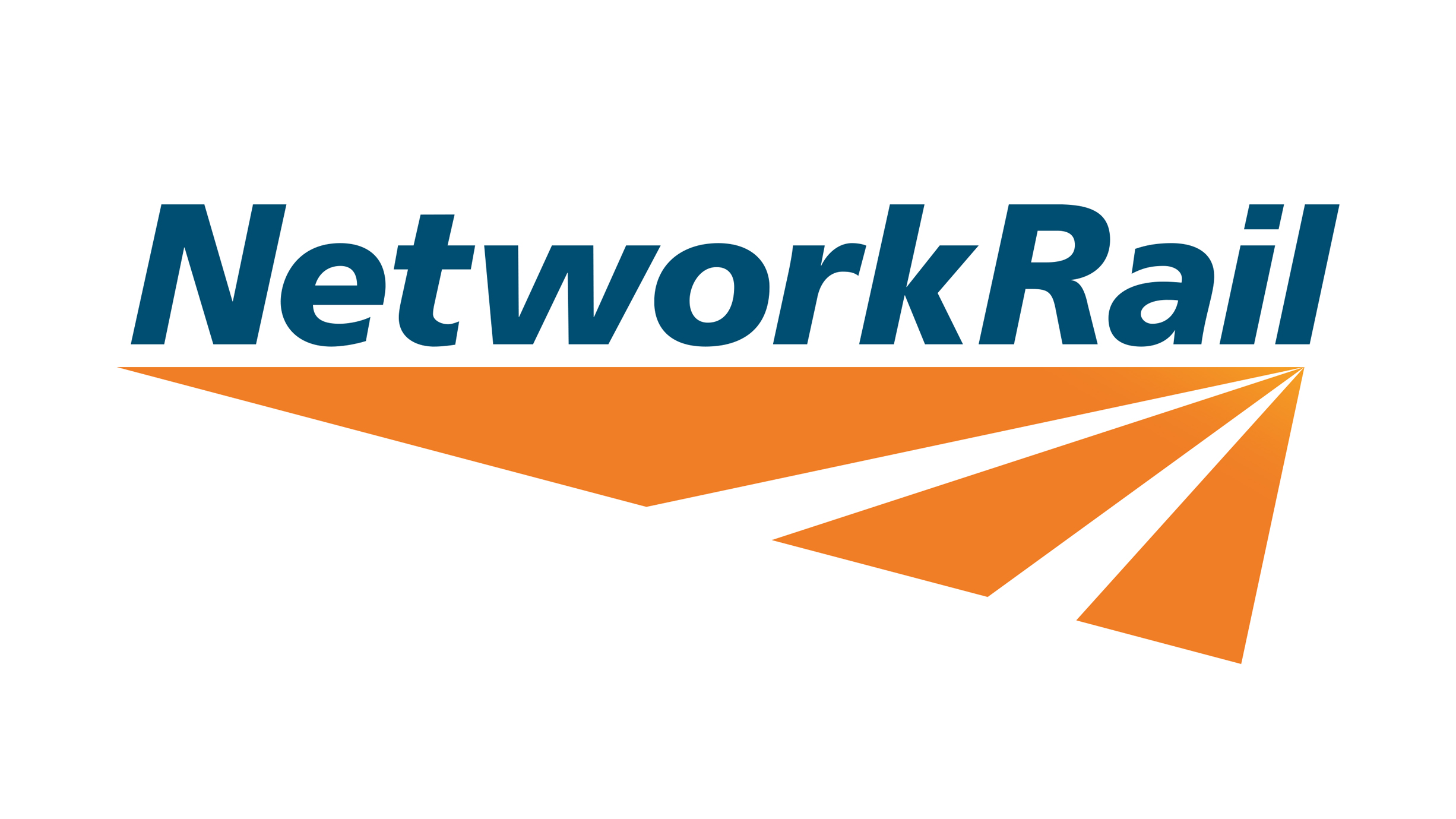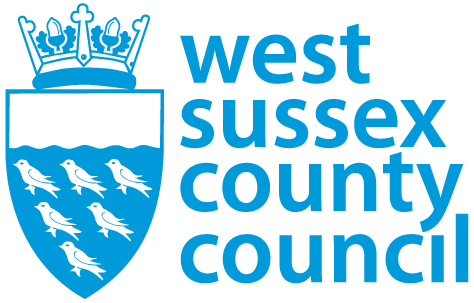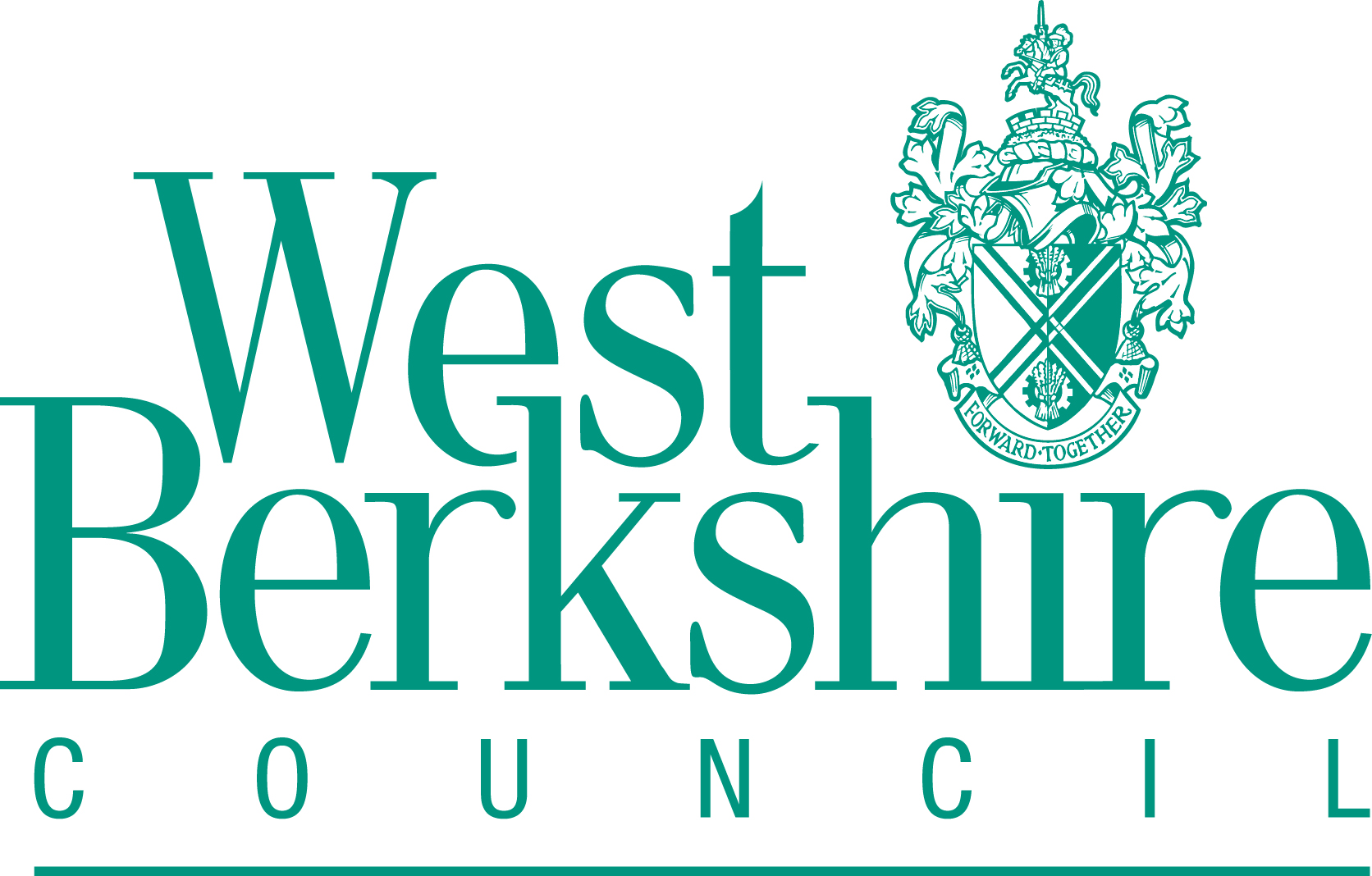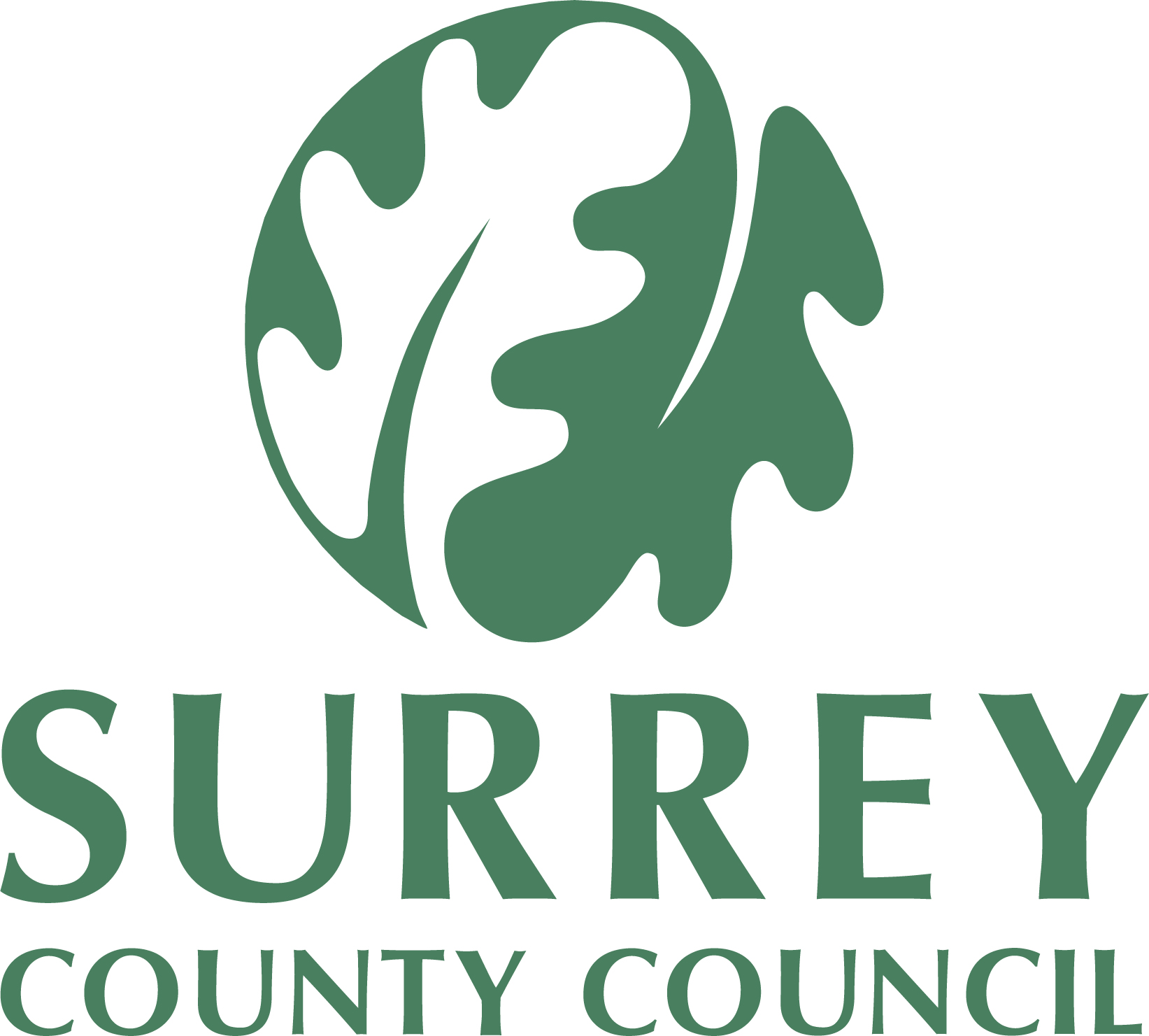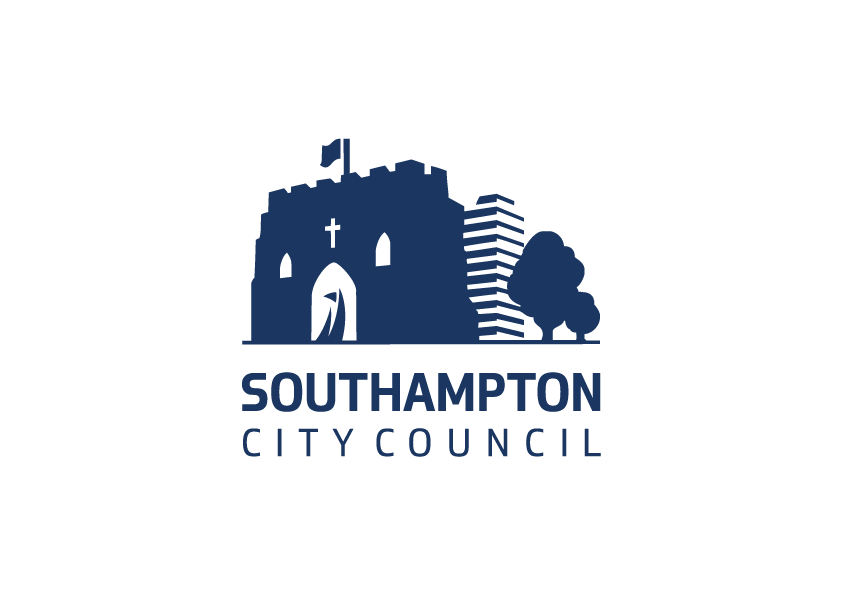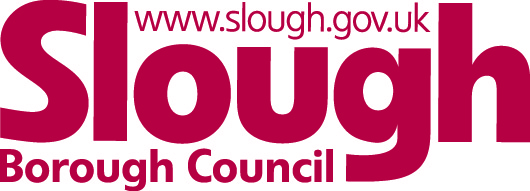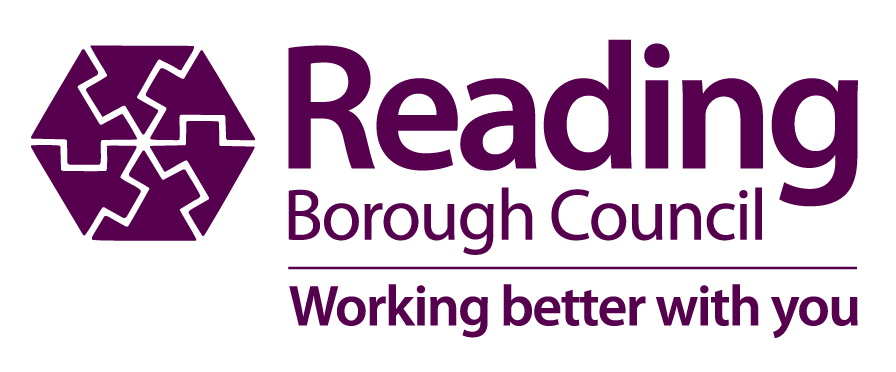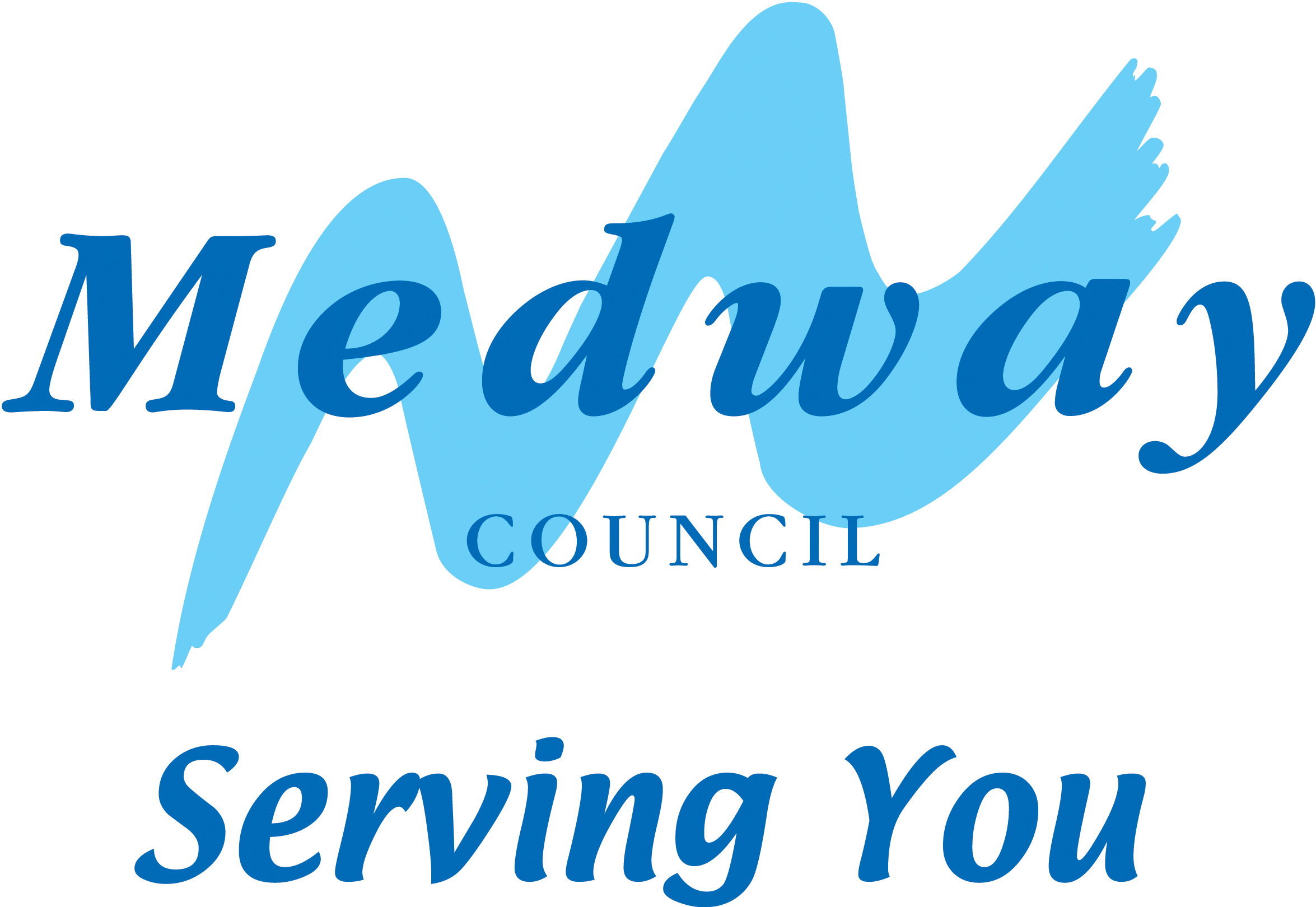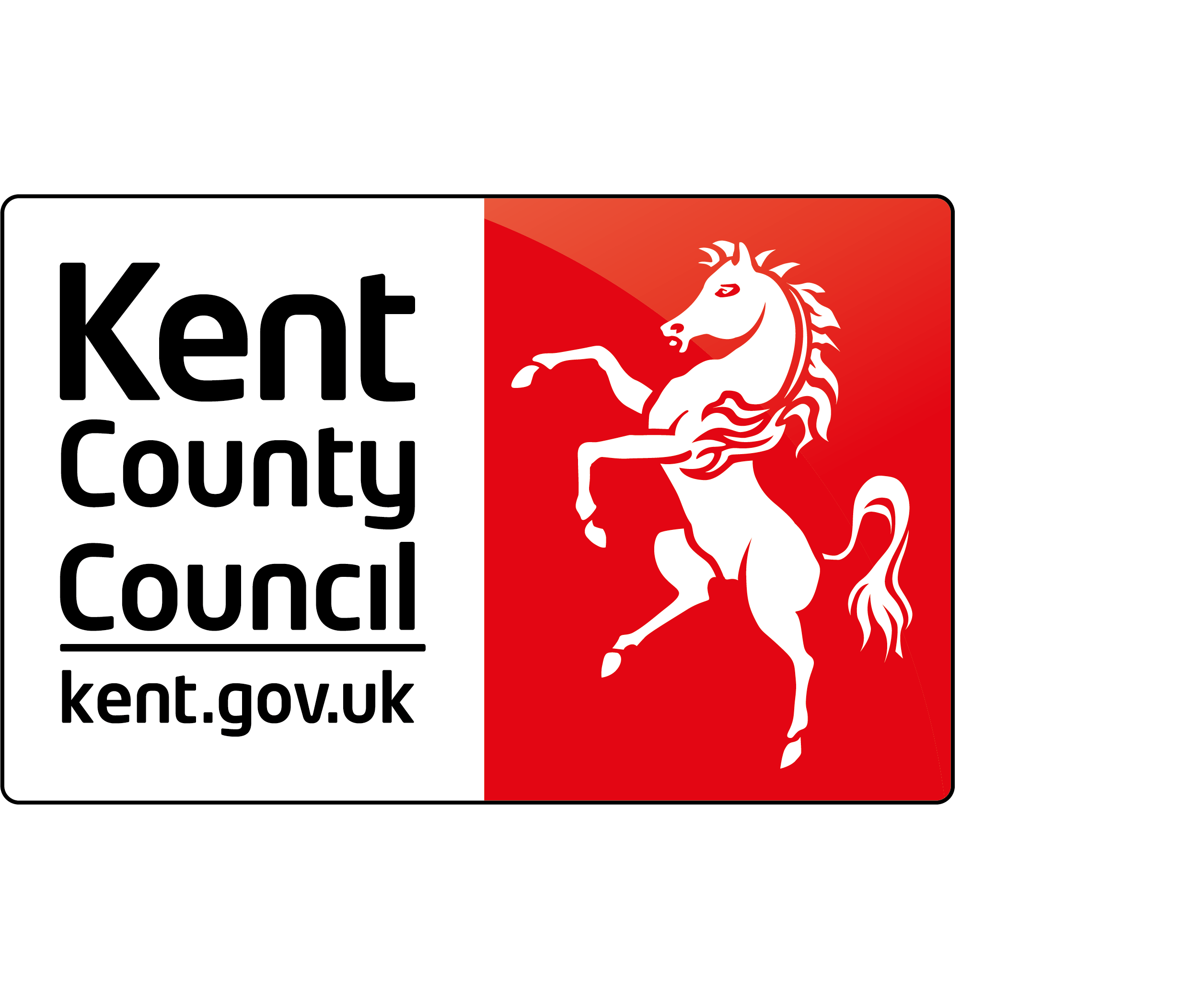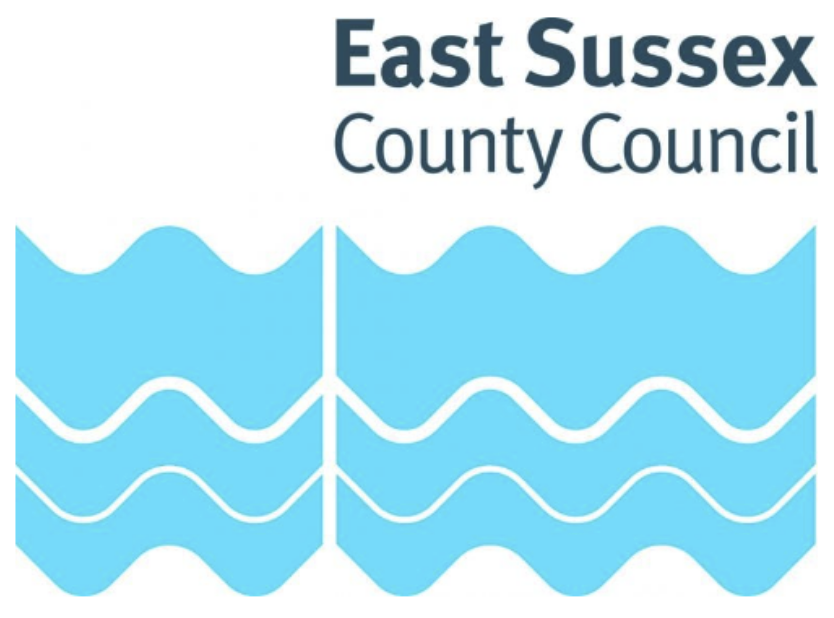Annual Report 2022 – 2023
Contents
Chairman’s welcome
Lead officer’s foreword
Our year in focus
About Transport for the South East
Developing our Strategic Investment Plan
Collaborating to build a better future
Strengthening our relationships
Consultation responses
Finance
Looking ahead
Chairman's Welcome
Over the last 12 months the UK has faced considerable challenges, politically, economically, and socially. The UK is facing a cost of living crisis, with inflation reaching levels not seen for decades and many households struggling with higher food, electricity, and fuel costs. Many businesses are still grappling with the change in consumer spending habits, as lasting impact from the pandemic. Globally, we are more aware of the need to address the climate crisis and of the need to do so at pace.
In the last year Transport for the South East (TfSE) have spent a vast amount of time engaging with our partners at all levels of government, both local and central as we have finalised and consulted on our Strategic Investment Plan (SIP). A plan that reflects the priorities of our region and that strives to achieve the best outcomes – helping us move towards our vision for 2050, creating a high-quality, reliable, safe and accessible transport network, with seamless door-to-door journeys, enabling our businesses to compete and trade more effectively in the global marketplace and giving our residents and visitors the highest quality of life.
Our SIP is an ambitious but achievable multi-modal investment plan that will be the blueprint for future investment in strategic transport infrastructure to 2050. We submitted the final draft of this plan to the Department for Transport (DfT) in March 2023 and we urge government to consider this document as they make future investment and policy decisions.
Over the last year, we have made changes within TfSE to ensure we have the right team and the right governance structures in place to begin delivering this ambitious plan. We are confident we have access to the skills and expertise required to make this plan a success.
Through the delivery of our SIP we’re committed to improving transport and hitting net zero carbon emissions in the south east by 2050, at the latest. We continue to recognise that transport is the single biggest contributor to UK carbon emissions. Our regional Decarbonisation Forum remains a vibrant meeting place, bringing together local authority officers, sharing best practice and identifying areas for joint working as we work towards this common goal.
Over the last year we have continued to build upon our already strong relationships with local authorities, national transport bodies and other partners as we have finalised the SIP and set out the interventions we believe are needed.
We have worked with industry experts and local stakeholders to deliver our Decarbonisation Pathway Report which quantifies the scale of the decarbonisation challenge in the region, our Electric Vehicle Charging Infrastructure Strategy, recognising the level of change required to meet future demand and support the transition to electric vehicles.
I wish to once again thank all our partners and stakeholders who continue to work with us. I would like to thank DfT ministers, new and old, for their ongoing time and support, as well as the continued funding for our work programme. I want to thank them for their continued funding support to develop a Regional Centre of Excellence for the south east, allowing the good work that is happening in the region to be utilised by others, sharing these valuable resources.
Finally, I would like to thank my fellow board members for their continued support – we must continue to work closely as we make this plan a reality and deliver our collective vision. As always it is a pleasure to work with you all, rising above political differences to get behind a positive vision for the future.
I look forward to working with you all over the next 12 months as we begin to secure our region’s economic future and improve prosperity, opportunity, and quality of life for everyone who lives and works here.
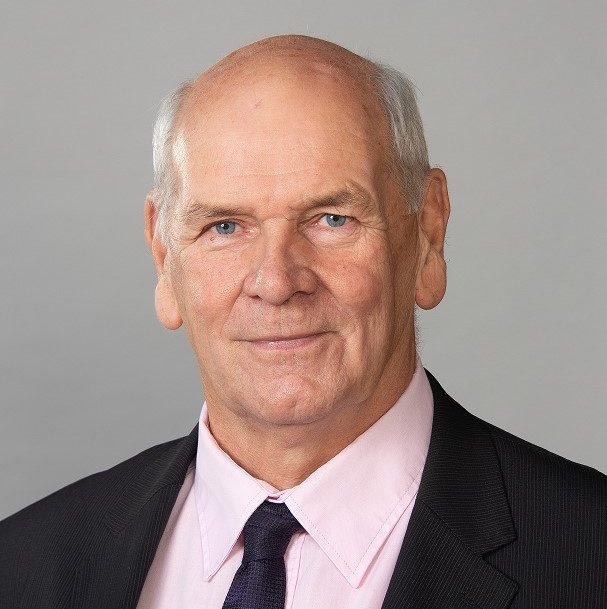
Lead officer's foreword
As we prepare to deliver our strategic investment plan, I have been reflecting on the huge about of work that has got us to this point.
In the six years since Transport for the South East (TfSE) was established we have built key relationships at a national, regional and local level, allowing us to speak with one voice for the south east region, able to have our say on key issues and to influence policy development. These relationships will continue to support the work that we do and strengthen the golden thread from national policies, through our Transport Strategy and strategic investment plan to local transport plans. These will be particularly important as we begin to develop and deliver the schemes set out in our investment plan.
Extensive work has gone into our technical programme. Through five area studies and six thematic plans we have developed our Strategic Investment Plan (SIP) – a plan that looks to transform and build resilience into transport systems in the south east region over the next 27 years.
Through a comprehensive programme of communications and engagement activity we have built on our relationships with stakeholders across the region, bringing our partners on this journey with us and harnessing the fantastic experience and knowledge from across the TfSE partnership. We now have forums on electric vehicle charging, decarbonisation, freight and future mobility, all bringing together partners from across the region to share their knowledge and expertise.
The Department for Transport (DfT) continue to offer us their full support. In the last year they have invested more in our work programmes and in the development of a Regional Centre of Excellence (RCoE) that will allow us to share more widely the tools and resources we have developed, supporting local authorities in the accelerated delivery of their local transport plans. This additional funding and support allows us to bolster the work of the department and demonstrates the Government’s confidence in TfSE and our work programme.
There is a long way to go to achieve the vision set out in our Transport Strategy and indeed to reach our goal of a decarbonised transport system by 2050. But as a partnership and with the investment plan we have set out, I believe we can get there.
We will continue to work closely with partners, in particular Network Rail, National Highways and the Great British Railway Transition Team, all of whom we have good working relationships with – these partnerships are key to the long term delivery of our SIP.
In the last year we went out to public consultation on our SIP, we had some fantastic feedback from stakeholders across the region and we are proud to say, our SIP truly is a plan developed by the south east, for the south east. Now it is time to work together as we deliver the schemes and interventions it sets out.
I am immensely proud of the TfSE team and wider partnership – we have achieved a lot since 2017, and we continue to make our mark as a strong and trusted partner at a regional and national level. We can and will make a real difference as we deliver on this ambitious investment plan.
We wouldn’t be where we are without the support and hard work of so many of our partners. So, thank you once again to all who have played a part – I and the rest of the TfSE team look forward to working with you on delivering our investment plan for the south east.

Our year in focus
About Transport for the South East
Transport for the South East (TfSE) is a unique partnership for our region, bringing together local authorities, local enterprise partnerships and transport providers to speak with one voice on the south east’s strategic transport priorities.
Our region – covering the six Berkshire authorities, Kent, Medway, Hampshire, Southampton, Portsmouth, Isle of Wight, Surrey, East Sussex, West Sussex and Brighton & Hove – is the most productive region in the country outside of London. It is home to 8.3 million residents and more than 350,000 businesses and is our nation’s key international gateway for people and goods. It boasts world-leading universities and research institutes, diverse towns and cities and stunning coasts and countryside. It is a great place to live, work, study, visit and do business.
Our focus is on developing a Strategic Investment Plan (SIP) for the south east that will support the region to facilitate growth whilst working to achieve our shared vision of a better, more prosperous, net-zero carbon south east with a sustainable transport network at its heart.
What we do
By operating strategically across the south east on transport issues – a role that no other organisation has undertaken before – we’re able to directly influence how, where and when money is invested in our region’s transport networks. We don’t replicate the work of local transport authorities (LTAs); we work with them to ensure that the plans we put forward reflect the needs and priorities of the communities they represent.
As an organisation we are committed to working with our partners to deliver the vision as set out in our Transport Strategy and support the Department for Transport’s (DfTs) priorities. Working together to secure a higher level of investment in the south east’s strategic transport network, enabling the delivery of the interventions set out in our SIP.
Through the delivery of these interventions, we strive to improve connectivity across the region and between modes. Creating a stronger, more resilient transport network that can support more efficient business operations.
Together, our Transport Strategy and SIP set out how, with the right investment, we can grow the south east’s economy, boost jobs and opportunity, improve quality of life and hit net-zero carbon emissions by 2050 at the latest. We know that delivering this plan and solving the big challenges we face – like decarbonisation, modal shift, improving air quality and increasing access to jobs, training, and education – will require more than just partnership working.
How we are structured
We have a robust governance structure which provides leadership, accountability, expertise, and oversight of the TfSE programme. It also gives our partners and stakeholders the ability to guide and influence our work at all levels.
The Partnership Board is our principal decision-making forum. It brings together elected members from our constituent authorities alongside representatives of local enterprise partnerships (LEPs), district and borough authorities, protected landscapes, and the independent chair of the Transport Forum.
Network Rail, National Highways and Transport for London also attend the board as non-voting members, providing valuable additional insight and expertise. Find out more about our board on the ‘Meet the board‘ section of our website.
The TfSE team act as advisors to the board, calling upon input and advice from two key forums: the Senior Officer Group, comprising local authority transport officers and other partner representatives; and the Transport Forum, which brings together a wider group of stakeholders including passenger groups, environmental groups, active travel campaigners, transport operators, universities, ports, and airports.
Transport for the South East’s technical work programme, stakeholder engagement and communications activities are carried out by the Programme Management Office. Find out more about our team on our ‘Meet the team‘ section of our website.
Member and officer sub-groups provide additional advice, focus and insight on key issues. These include working groups on our Transport Strategy, area studies, decarbonisation forum, freight forum, governance reform and communications and stakeholder engagement.
How we are funded
Transport for the South East (TfSE) operates a mixed funding model. Our staffing complement is part funded by contributions from local transport authorities (LTAs), while our technical programme and other staffing costs relies on grant funding from the Department for Transport (DfT).
This approach reflects our commitment to delivering best value for our partners and taxpayers. Find out more about our funding and finances below.
Our partners

Developing our Strategic Investment Plan
Over the last 12 months we have worked in partnership with our stakeholders to develop our Strategic Investment Plan (SIP) and to ensure it is truly an investment plan developed for the south east, by the south east. Following a 12 week consultation in late summer 2022 the investment plan was further developed to accommodate feedback. It then went back to our Partnership Board and where required through some of our constituent authorities’ own governance processes before it was finally approved in March 2023 and submitted to government.
The SIP is a blueprint for investment that we want to deliver with government and national bodies like Network Rail and National Highways.
It sets out, for the first time, a comprehensive picture of the investment needed in our region to unlock sustainable economic growth, improve quality of life and deliver our net zero carbon commitment. It not only identifies the interventions needed to achieve our vision – but also where, when and how the investment will be delivered, and the funding levels needed to make it happen.
Led by our team of transport strategy managers, we have worked with stakeholders from across the region through a series of area and thematic studies to develop a series of investment packages, focusing on distinct parts of our region. Each investment package comprises a variety of complementary interventions which, when delivered as a whole, deliver benefits that are more than the sum of their parts.
Within the investment plan we have also set out the roles we think TfSE and our partners will play in delivering this investment and the powers and responsibilities we will need to make it happen. These will be subject to change as business cases are developed and schemes progressed.
Furthermore, it sets out a range of funding and financing options, including new and innovative ways to harness third party investment, so we won’t be relying solely on the taxpayer to deliver our plan.
Area studies
Each of our five area study geographies are based around the most important economic corridors in our region. These corridors connect our biggest towns and cities and international gateways and are where the greatest opportunities for sustainable economic growth exist.
Partnership working has been central to our geographical area studies. Each one represents a diverse range of views and voices from local government, transport operators, environmental groups, active travel campaigners and more.
Each study investigated the issues, challenges and opportunities identified in our Transport Strategy in more detail. Identifying a shortlist of transport interventions to make life better for people, for businesses and for the planet and that delivers on the strategies vision.
These area studies have then been brought together to form four strategic programme outline cases (SPOCs) which feed into our strategic narrative and delivery plan that will inform our SIP. You can find the entire evidence base for the SIP on the TfSE website.
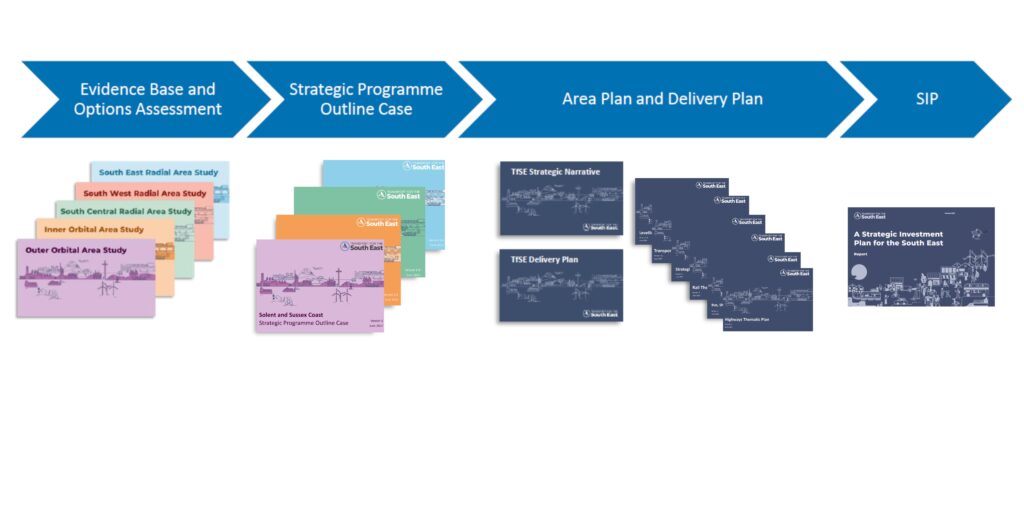
An investment plan developed by the south east, for the south east
On 20 June 2022 we went out to public consultation on the first draft of the SIP and associated Integrated Sustainability Appraisal (ISA). This digital first consultation ran for 12 weeks and was aimed at anyone who lives, works or travels in the region.
Recognising the complex nature of the SIP we prioritised stakeholder engagement throughout the twelve-week consultation period. We met with multiple stakeholders through a variety of channels including our consultation event, ‘Connecting the South East’, two virtual webinars and a parliamentary reception held at Portcullis House. We also hosted ‘fireside chats’ where Councillor Glazier and the technical team were able to brief board members and answer questions on the interventions within the SIP and the impact.
In addition, the consultation was widely publicised via media releases and newsletters (our own and in collaboration with constituent authorities) and organic and paid social media.
At the close of the consultation, we had received a total of 639 responses from a wide range of stakeholders, including constituent authorities, local enterprise partnerships (LEPs), district and borough councils, MPs, national agencies, neighbouring authorities, user groups, operators and members of the public.
The key themes emerging from the consultation included concern over the environmental impact of schemes within the SIP and their impact on the ability to reach net zero carbon emissions by 2050, a request for greater focus on active travel interventions and improvement to public transport across the region including greater integration between modes.
All responses received via the consultation were analysed, considered, and fed into the SIP as appropriate. The revised SIP was shared with the Partnership Board for final approval after a period of reflection allowing constituent authorities time to take the investment plan through their own governance processes as required.
The final version of the investment plan was approved by the Partnership Board in March 2023 and subsequently submitted to government, asking them to have regard to it as they make future funding decisions.
Delivering the Strategic Investment Plan
The SIP contains nearly 300 proposed multi-modal interventions that are required to be delivered across the south east over the next 27 years to realise the vision for 2050 set out in the TfSE Transport Strategy. Delivering the programme of interventions requires close working with all our partners, including local transport authorities (LTAs), National Highways, Network Rail and Department for Transport (DfT).
To support this, we have been developing a Delivery Action Plan. This plan builds upon the Area Studies Delivery Plan and will set out the current position of each of the proposed multi-modal schemes within the investment plan. It will detail what the next steps are for each scheme, with a particular focus on the first three years, 2023-2026. It confirms the roles of TfSE and delivery partners in undertaking those next steps and identifies what resources and analytical tools are available and required to develop and deliver the schemes and policy interventions set out in the plan. The Delivery Action Plan will be finalised in the first quarter of 2023/24.
Collaborating to build a better future
2022/3 has seen collaboration across many workstreams, whether working closely with other Sub-national Transport Bodies (STBs) and the Department for Transport (DfT) or with wider organisations and key players through our forums and working groups.
Freight, Logistics Gateways Strategy
Following sign off of the Freight, Logistics and Gateways Strategy in January 2022 we attended ITT Hub in May 2022 for the formal launch. In celebration of the launch, we hosted a roundtable session to discuss some of the issues raised in the strategy, namely; lorry parking and driver welfare facilities, decarbonisation and access to international gateways. The session was well attended by people active in the sector and who have since become members our Freight Forum.
Alternative fuels for freight
Our freight strategy identifies the importance of decarbonising the sector and an important part of this is considering the alternative ways to fuel vehicles. This year, collaborating with England’s Economic Heartland and Transport East, we carried out an exercise to identify where in the three STB regions it would be best to locate refuelling stations (hydrogen or electric) for freight. We will publish the findings of this study in the first quarter of 2023/24. As the host region for some of the UK’s main international gateways for goods we welcome collaboration across all STB areas, ensuring considerations for this work stream aren’t confined by STB area boundaries and are able to truly benefit the whole freight sector.
Lorry parking and driver welfare facilities
Our freight strategy identified key issues with lorry parking and driver welfare facilities. Over the last year we have begun to explore opportunities for addressing this. We have carried out a lorry parking and driver welfare facilities study looking at the current position of driver welfare and parking facilities in the south east region and identifying specific areas or opportunities for improvement. We are currently finalising this work and will publish our findings in the first quarter of 2023/24 and work with local transport authorities and the freight sector to explore what further work is needed.
Electric Vehicle Charging Infrastructure Strategy
In August 2022 we commissioned the support of the consultancy firm, Arcadis to develop our Electric Vehicle Charging Infrastructure Strategy. Since then, they have worked with local transport authorities (LTAs), district and borough authorities, distribution network operators, fleet operators and charge point operators to establish a baseline for current provision and forecast future demand in the region from now to 2050.
The final strategy considers current levels of electric vehicle uptake, charge point provision and electricity supply in the south east. It then goes on to highlight what work still needs to be done to facilitate the transition to electric vehicles and accommodate the forecast future demand, by ensuring there is a comprehensive charging network in place across the region. The final version of the strategy was approved for publication at our Partnership Board meeting in March 2023.
Electric Vehicle Charging Forum
Launched in September 2022 the Electric Vehicle Charging Forum now boasts over 100 members from across the region including LTAs, districts and boroughs, distribution network operators, fleet operators and their representative bodies, and charging point operators. The forum will be responsible for carrying forward and overseeing the actions within the strategy action plan.
Fleet electrification
As part of the electric vehicle charging workstream we have also been working with fleet bodies and operators across the TfSE region to understand their electric vehicle charging infrastructure needs and to forecast the impact on the number of public charge points that will be required.
Bus back better
In July 2022 we commissioned consultants Mott MacDonald and Arup, to work on behalf of ourselves, England’s Economic Heartland and Transport East to develop and provide support for local transport authorities that would enable them to deliver on commitments in the Government’s Bus Back Better strategy through the delivery of their Bus Service Improvement Plans (BSIPs).
This project was a result of £300,000 of additional funding awarded to the three STBs by the DfT. Just seven of the 16 local transport authorities in the south east region received funding in response to their BSIP submissions in April. This additional funding has offered support to all authorities in the region, irrespective of whether they were successful in their BSIP submissions.
Working with local authorities across the three STB regions 11 support packages were identified and delivered, covering topics such as; demand responsive transport, alternative/low-emission fuels, low cost and quick wins, fares and ticketing and more.
The delivery of these support packages will continue until the end of April. Thereafter the webinar recordings and guidance documents produced as part of this project will remain available. We will continue to work with LTAs to support the delivery of their BSIPs, and Enhanced Partnerships through the Bus Forums established in each of the STB geographies as part of this work.
The forum for the south east region had their first meeting in January 2023 and will continue as a mechanism for LTAs, operators and other interested parties to meet, share guidance and best practice, continuing to support the delivery of better bus services for passengers across the south east and the rest of England.
Decarbonisation
Transport decarbonisation is a huge challenge and TfSE and its constituent authorities are signed up to achieving net zero by 2050 (at the latest), in line with central government.
Working with consultants Steer we have completed a technical study, quantifying the scale of the decarbonisation challenge in the region. The study and subsequent report looks at potential trajectories to net zero and identifies and models options and scenarios that would enable them to be followed.
These findings were published in our Decarbonisation Pathways Report, published in September 2022.
Decarbonisation assessment tool
Working jointly with Transport East and England’s Economic Heartland, TfSE appointed WSP, City Science and Steer to work collaboratively to develop a decarbonisation assessment tool.
This work is funded by DfT grant funding following an offer from DfT to bid for additional in year funding to support some key priority work areas. The value awarded was £100,000 per STB, with a total project value of £300,000.
The development of this tool will support LTAs to assess the carbon reduction potential of programmes of interventions as they develop their local transport plans. This work will be finalised in the first quarter of 2023/24.
Decarbonisation forum
Established in June 2021 the decarbonisation forum is still going strong, bringing together local transport authority officers and external bodies from across the south east. It remains active as a platform for discussion, information gathering and sharing of best practice.
As we progress our work in this area it will be in the perfect position to support LTAs with the implementation of the decarbonisation tool we are developing.
Local capability
In January 2022 TfSE was awarded £300,000 funding by the DfT to support LTAs accelerate the delivery of their local transport plans (LTPs) and related programmes. Through this workstream we have successfully awarded £250,000 of tranche one funding against five proposals set to benefit seven local transport authorities who submitted successful bids for support to develop their local transport plans. The support will help LTAs to enhance their capability in key areas, such as the development of business cases, modelling and appraisal scenario and undertaking carbon impact assessments. Over the next 12 months this work will feed into the Regional Centre of Excellence (RCoE) and has the potential to help more LTAs across the region.
Future mobility
Our Future Mobility Strategy, published in July 2021 sets out a people and place-based approach to future mobility – ensuring that the benefits of innovation and investment are maximised in each part of our region. Alongside this, our action plan sets out the steps to get us there, so we can track our progress and deliver tangible results.
In the last year we have begun to implement the Future Mobility Strategy and action plan through the reinvigoration of the future mobility forum. Alongside this we have been developing and scoping the progression of other elements within the action plan such as the development of a future propulsion strategy and mode propensity tool. Both workstreams will be progressed in 2023/24.
ProjectView
ProjectView launched in April 2021 to support our work and help make sure that investment decisions across the south east are based on common and consistent information. It allows local government officers to create and develop bespoke maps of their area using their chosen data layers and presenting easy-to-view supporting evidence for schemes, projects, and other initiatives.
This tool continues to be used by partners from across the region and over the next year we will add more data sets that have emerged from our area studies, future mobility and freight, logistics and gateways strategies, the local planning data refresh and our SIP.
Investing in our region's transport
As we work towards our vision for 2050 it isn’t solely through the work of TfSE that investment will be sought for our region’s transport. In addition to our collective efforts our partners are also bidding for more investment through various avenues including the Housing Infrastructure Fund, Active Travel Funding, Bus Service Improvement Plans and Levelling-Up funds.
One of our aspirations is to strengthen the golden thread from national policies such as Bus Back Better, Transport Decarbonisation Plan the Road Investment Strategy and so on, through our Transport Strategy and strategic investment plan to local transport plans (LTPs), Bus Service Improvement Plans (BSIPs) and Local Cycling and Walking Improvement Plans (LCWIPs).
The last year has seen significant investment in areas across the south east region including, but not limited to;
Bus Service Improvement Plan funding
In October 2021, LTAs across the region submitted BSIPs to government seeking additional funding for schemes that aim to make buses a more attractive by making them an affordable more practical alternative to using private cars and helping existing bus users to travel more frequently. As a result, seven LTAs in the south east region benefited from £196.4m of funding.
Reintroducing passenger services on the Fawley Waterside Line
In February 2020, funding was granted for further development of plans to reinstate the Fawley branch line in Hampshire as part of the DfT’s ‘Restoring Your Railway’ initiative. Since then, further funding has been granted to progress these proposals and Network Rail have held a public consultation ahead of submitting a Full Business Case to the DfT in early 2023. The Fawley branch line is currently only used for transporting freight and hasn’t been used as a passenger service since the ‘Beeching cuts’ in 1966. Re-opening this line to passengers will strengthen and improve transport links to and from Waterside communities, support their growth and provide a more sustainable mode of transport and support government and industry objectives. A final decision is expected in Spring 2023.
Thanet Parkway Station
In November 2022 the Thanet Parkway project was awarded an additional £875,000 from the Get Building Fund to cover increased costs of the delivery of the scheme. Once complete this scheme will deliver a new train station approximately two miles east of Ramsgate on the Ashford International to Ramsgate line. Parking will be provided for 297 cars plus 20 short stay bays for passenger drop off and taxis (including 16 disabled bays and 60 spaces with provision for electric vehicle charging), motorcycles spaces, 40 pedal cycle parking spaces. To provide access to the station, a new direct access road will be provided from the A299 Hengist Way. Pedestrian and cycle access are provided from Cliffsend village via Clive Road, ensuring sustainable access to the station.
Levelling Up Fund
East Sussex County Council were granted £8 million to replace Exceat Bridge, improving the bridge for all road users by increasing safety and making it more accessible. £20 million was granted to regenerate North Portsmouth including investing in the extension of Portsmouth International Port allowing it to accommodate an estimated 250,000 extra passengers a year.
Live Labs 2: Decarbonising Local Roads competition: In January 2023, seven projects spread across the UK, from Lanarkshire to Devon, were awarded funding through the Live Labs 2: Decarbonising Local Roads competition. The programme supports projects led by local highways authorities focused on tackling the long-term decarbonisation of highways infrastructure, such as streetlights, and transforming local authorities’ approach to decarbonising roads. In the south east region, the Wessex Partnership were granted funding to pioneer net zero roads that are built without creating more carbon emissions overall. As part of this project, ‘net zero corridors’ are planned for Somerset, Cornwall and Hampshire.
Investing in our railways
Following the memorandum of understanding adopted by TfSE and Network Rail in 2020, we have continued to work closely as we have developed our Strategic Investment Plan (SIP) and as we look towards delivery. Formalising this MoU has enabled Network Rail to use our Transport Strategy data to inform cost/benefit analysis of potential network improvements, enabling the wider economic benefits to be captured as part of its planning process.
We continue to meet regularly with Network Rail’s southern and western regions’ strategic planning teams. Network Rail has been actively involved in the development of the SIP and the area studies and thematic plans that sit behind it. We have and will continue to take part in work led by Network Rail on specific strategic reviews, including London Paddington-Reading, Reading Area and Freight between Southampton and the Midlands and any others that arise.
In this year’s George Bradshaw address, delivered by Transport Secretary Mark Harper he called for meaningful change in the way our rail network is operated, to put customers first, realise the benefits of Great British Railway and help to enhance the role of the private sector.
We will continue to work with the Great British Railways Transition Team to ensure Sub-national Transport Bodies (STBs) are represented within their strategic planning work and into the future. We feel strongly that STBs have a role to play in meeting this challenge and believe the rail schemes within our SIP go some way to supporting this change.
Investing in our highways
We have continued to make the case for investment in priority highways schemes to cut congestion, boost active travel, support new housing, and drive economic growth.
In 2019-20, on behalf of our partner authorities, we submitted the south east’s priority schemes from the Major Road Network for consideration as part of a £3.5bn investment programme during 2020-25. This included several larger schemes (c.£50m+) known as Large Local Majors (LLM).
To date TfSE area has received £28.045m funding towards priority highways schemes.
In the last 12 months two of the major road network (MRN) schemes have proceeded to construction and a further two MRN and one large local majors (LLM) schemes that we submitted for funding in 2019-20 have now received the green light and funding to proceed to the next stage of development.
These include:
A284 Lyminster bypass (construction) – This scheme received a final funding boost of £11.8 million from government towards the construction of a new 1.1mile single carriageway between Lyminster and Wick. The A284 is the primary route between Littlehampton and the A27 and is an important route for residents and businesses. Journeys in the area are often very slow along the narrow route into the town centre, with numerous delays caused by the Wick railway level crossing. The bypass would provide shorter and less congested routes and help improve air quality for local residents.
Redbridge Causeway in Hampshire (construction) – This scheme was granted £13.4 million to deliver essential maintenance to the A35 Redbridge Causeway. The A35 dual carriage way which crossed the River Test at Redbridge Causeway carries more than 60,000 vehicles a day and is an important route for pedestrians and cyclists, providing safe passage over the river, the Southampton to Romsey railway line, and Redbridge Road. It is also a key route which connects important economic hubs such as the City and Port of Southampton, and the Waterside area. Delivery of this scheme is expected to lead to a direct economic benefit of £340m.
Development has also continued for the other 11 schemes within the programme.
National Highways and the Strategic Road Network: Following the adoption of the Joint Engagement and Action Plan with National Highways we have continued to work closely with them throughout the development of our SIP and as we look towards delivery. We continue to be actively involved in the development of their route strategies and the wider RIS3 programme, as well as specific strategic studies including, Kent Strategic Corridor, SRN in Urban Areas and M4 to the South Coast.
Both organisations are committed to working collaboratively to support respective work programmes and to seek to achieve mutually beneficial outcomes for transport users, regional economies, and the environment. Throughout all our work we take due consideration of each other’s current and emerging strategies and underpinning technical analysis.
Strengthening our relationships
Partnership working is at the heart of what we do. Though most of the engagement activity is still happening online we have managed to meet face to face with many of our stakeholders on several occasions, we have spoken at events both physical and virtual and hosted a number of in person events ourselves. We are also developing our hybrid meeting arrangements so that where appropriate we can accommodate attendees both physical and virtual. We have continued to meet regularly with stakeholders from across the region, building new relationships and strengthening existing ones as our stakeholder group widens further.
Joint working with other Sub-national Transport Bodies (STBs)
Transport for the South East is one of seven sub-national transport bodies (STBs) in England. Individually, we work across our own geographies to speak with one voice on behalf of the region we represent. Together we meet regularly to collaborate on issues which transcend administrative and regional boundaries, including freight, decarbonisation, Bus Back Better, electric vehicle charging and rural mobility, sharing best practice and delivering efficiencies in our collective work.
Last year we hosted the first ever joint STB conference at the Vox in Birmingham on 26 May 2022. The conference offered an opportunity to demonstrate our collective strategic leadership on transport infrastructure and allowed TfSE to promote and share the contribution we are making to joined up thinking on themes such as decarbonisation, inclusive economic growth, and freight.
Following the allocation of £600,000 additional grant funding from the DfT, we have also worked with our STB colleagues on a number of workstreams including; Decarbonisation, Bus Back Better, Local Capability and Electric Vehicle (EV) Charging Infrastructure. We have provided updates on each of these workstreams in the ’Collaborating to build a better future’ section of this report. The allocation of this funding and the collaborative working demonstrates how well-placed STBs are as a collective to support the DfT in the delivery of its priorities, helping to shape and deliver national policy.
Stakeholder engagement
Our Communications & Stakeholder Engagement team are responsible for this workstream. Collectively they ensure partners and wider stakeholders have many opportunities to play a meaningful part in the development of our technical work as we work towards the development of our Strategic Investment Plan (SIP). They provide them with regular news, updates and events and build mutually beneficial relationships with people and organisations including environment groups and special interest groups who have a stake in shaping our shared vision for the future.
Over the last 12 months we have continued to enhance our relationship with the Department for Transport (DfT), local transport authorities (LTAs), and district and borough authorities. This has been crucial for the delivery of our strategic investment plan, designed by the south east, for the south east. It supports our ambition to keep a golden thread running from policies set by government, through our Transport Strategy and SIP, into local transport plans (LTPs).
As we prepared for the consultation on our SIP, we held a series of events including a parliamentary reception at Portcullis House, two webinars and the Connecting the South East event held at G-Live in Guildford. All were led by our chair and invited MPs, local politicians, local transport authority partners and other stakeholders from across the region to hear about the SIP and the vast evidence base behind it. As we move into delivery of our SIP we will continue to identify further opportunities for engaging with all of our stakeholders.
In addition to this we offered individual meetings to all constituent authorities to discuss emerging thoughts and clarify any outstanding queries. These meetings ran from June to September 2022.
Several board members also took up our invitation to present to cabinet and committee colleagues following the SIP consultation close, during the period mid Oct – end Dec ‘22. The aim of these sessions was to inform those political colleagues (who potentially hadn’t been so actively involved with the process to date) of the SIP process and content, aiming to enable a smoother sign off procedure as the final plan was taken through Councils’ democratic processes.
Through our Universities’ Group meetings we have continued to work closely with university leaders from across the region who have specialisms in areas relevant to our Transport Strategy and who have shown a strong appetite for collaboration. Together, we have started to develop opportunities for innovative research which could help us further to deliver our strategy.
We have also continued to work with the private sector to better understand the role it could play in delivering our strategic investment plan, helping to limit the costs of future investment to the taxpayer and improve the deliverability of our proposals.
Our Transport Forum continues to meet four times a year, bringing together representatives of a wide group of stakeholders including user groups, transport owners and operators, business groups, environmental groups, transport owners and operators, business groups, environmental groups and delivery partners. Keeping them informed and offering an opportunity for contributions and constructive challenge in all areas of our work.
Consultation responses
Using our collective voice to respond to consultations is one of the many ways we make sure the south east has its say on key issues and influences policy development – adding value to our partners and the people and businesses they represent.
Here are a few key consultations we have responded to in the last year.
Williams-Shapps Plan for Rail: legislative changes to implement rail reform: This consultation launched by the Department for Transport sought views on proposed changes to primary legislation requited to bring about reform, including: core functions of Great British Railways, a new governance framework and reform of wider industry structures and processes. It also sought evidence of the risks and potential implications of the policies proposed to inform our impact assessments. This includes any potential costs, benefits, disadvantages or risks.
Strategic road network and the delivery of sustainable development updates: This consultation sought views on proposed changes to a circular that explains how National Highways will engage with the planning system. It also gave details on how National Highways will fulfil its remit to be a delivery partner for sustainable economic growth whilst maintaining, managing and operating a safe and efficient strategic road network. The proposed changes: strengthen environmental policies in response to the transport decarbonisation plan and the drive towards zero emission transport, implement policy to reflect a recent written ministerial statement about lorry parking and a new section on freight facilities, clarify policy in order to address legal issues and remove or amend out of date material.
Ending the sale of new, non-zero emission buses, coaches and minibuses: This consultation set out proposals to end the sale of new, non-zero emission buses and seeks evidence about ending the sale of new, non-zero emission coaches and minibuses. It called for views on: the challenges of transitioning to zero emission coaches and minibuses, what would need to be true or in place to withdraw the sale of these vehicles, what government could do to accelerate the transition to zero emission coaches and minibuses, setting a realistic date to end the sale of these vehicles.
We also comment on our constituent authorities’ consultations as they arise. This year we have responded to local transport plan consultations from Hampshire and East Sussex County Council.
Our consultation responses cover a range of issues, schemes, and policy proposals. You can view the full list of our consultation responses on our website: Consultation responses – Transport for the South East
Finance
Transport for the South East (TfSE) is funded by contributions from our constituent authorities and grant funding from the Department for Transport (DfT). This mixed approach to funding reflects our commitment to delivering best value for our partners and taxpayers.
Multi-year funding proposal
The DfT provided a multi-year indicative funding allocation in March 2022. Securing a multi-year funding commitment from government enables us to implement and deliver our strategic investment plan, supporting the department to meet its priorities in a timely, efficient, and effective way.
Where our income comes from
Funding from our 16 local transport authorities, which for 2022-23 amounted to just under £500,000, is used to support our operational and staff costs. The approach for calculating contributions was developed with members and reflects the relative sizes of different member authorities. The formula has remained unchanged for the last four years.
The DfT awarded £1.725m in grant funding to support the delivery of our technical programme. This level of funding enabled us to accelerate elements of our work, continuing the development of the SIP and the evidence base behind it.
Our total income for 2022-23 was £4.393m. This included committed funding and carry forward from 2021-22 and reserves.
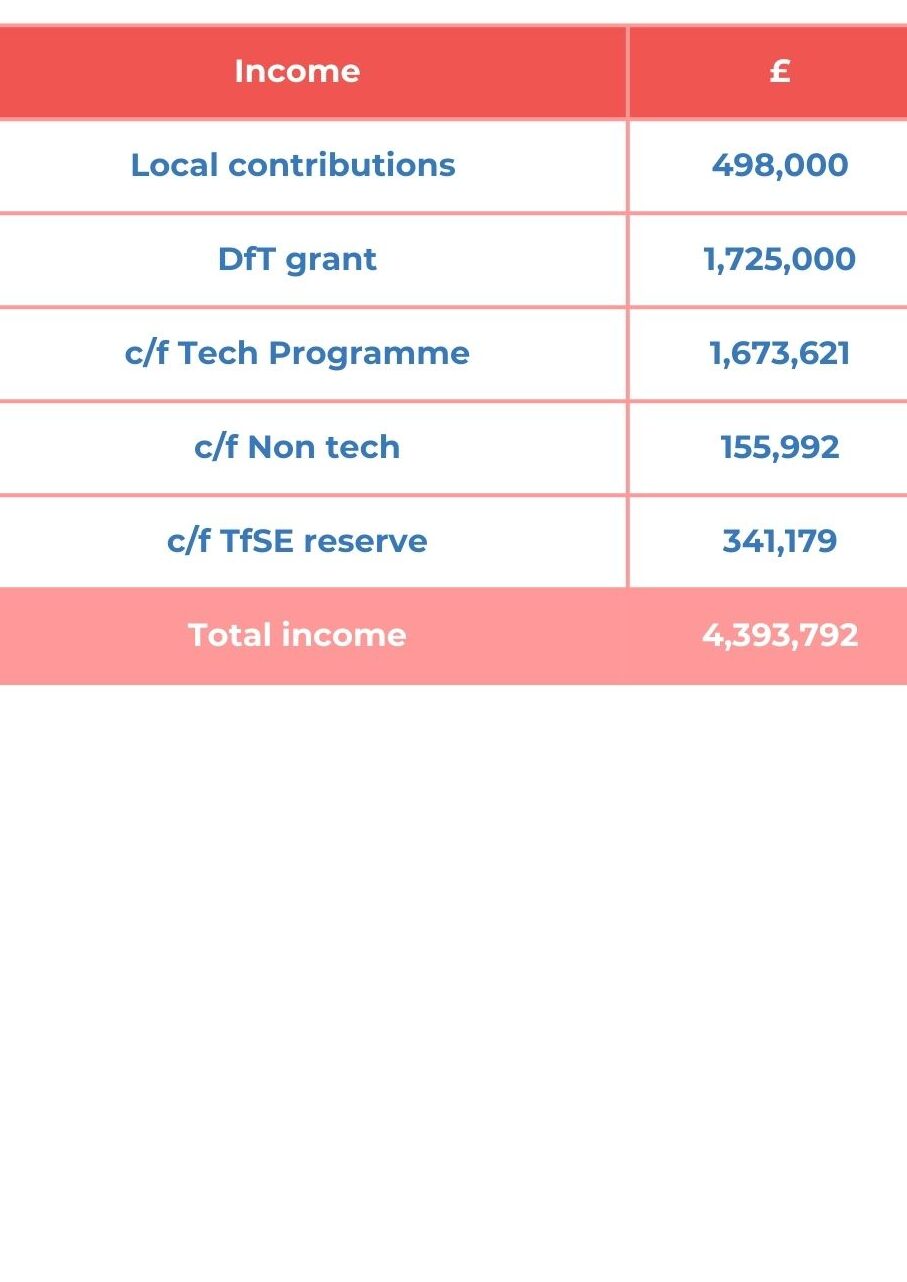
How we spent our money
This section will be updated with the 2022/23 figures once they are confirmed at the end of the financial year.
Accountable body
As part of Transport for the South East’s establishment in 2017 it was agreed that East Sussex County Council would act as the organisation’s accountable body. During the last five years, Transport for the South East’s processes and procedures have followed those of the accountable body. In addition, the Section 151 Officer at East Sussex County Council has financial oversight of Transport for the South East’s budget, ensuring effective review of governance over financial decisions.
Looking ahead
Our work in 2023-24 is focused around four key priorities. Together, we will:
- Develop our Delivery Action Plan and Analytical Framework that will support the implementation of the schemes and interventions within our Strategic Investment Plan.
- Develop and publish our Monitoring and Evaluation Framework that will allow us to track progress against the baseline in the State of the Region report and Delivery Action Plan.
- Continue to deliver four work streams to support the DfT’s priorities including; Electric Vehicle Charging Infrastructure, Local Capability, Bus Back Better support and transport decarbonisation.
- Develop and implement a Regional Centre of Excellence for the south east.
Read more about our plans for 2023/24 in our Business Plan.
